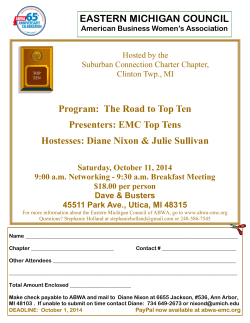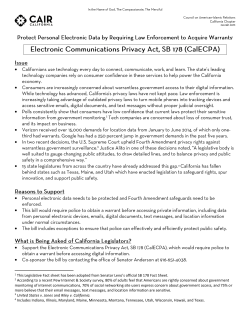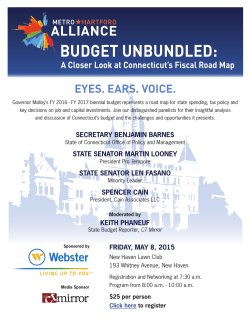
Packwood Lays It on the Line to Nixon
NYTimes 1 7 1973 Packwood Lays It on the LinNOV e to Nixon By R. W. APPLE JR. special Watergate prosecutor. WASHINGTON, Nov. 16— Most members of Congress, When Bob Packwood, a 41Mr. Packwood said, believe, • old first-term Republican Senrightly or wrongly, that Mr. from Oregon, went to the Nixon broke his word by that White House last night to act. talk to President Nixon about Matter of Credibility the Watergate case, he was "Con gress has come to throughly prepared. expect that many people who Robert W. Packwood, a testify before it lie," the convivial yet intensely serearnest young Senator said. ious young man, took with' "It's an entirely different him an outline for a six-or matter, however, when one seven-minute statement. He person gives his word to had thought it through care-.'■ another. That is a bond which fully. A supporter of Mr. those of us in politics revere Nixon in the earlier stages of highly. Those who breach the Vietnam war and on the that bond suffer an incalcuantiballistic missile, an oplable loss or dre'dibility." ponent on Supreme Court Bridging the Congressional nominations and the supergued, would be relatively, sonic transport, Mr. Packwood had come to view • easy. Simple communication, Watergate as a symbol of rot he said, together with a bit of in American public life, and political ego massage; would he had waited months to tell correct much of the difficulthe President why. ty. In an unusually candid With 10 other Republican remark; he told the President Senators, he was ushered into the White House solarium— that "most of us will sucnewly christened the "Calicumb to attention"—the old fornia room." After a drink slap on the back. and a few social amenities, "If Stans and Mitchell are he and his colleagues sat in acquitted," Mr. Packwood inan oval around the President, sisted, "it simply means that Who relaxed in an overthere was not presented evistuffed chair. Four White dence beyond a reasonable House aide's, including Ronald doubt to convince reasonable L. Ziegler, the press secrejtirors of their criminal guilt. It does not mean they were tary, were also there. innocent of wro, 9 g,doing." Statement to President Senator Pa od's advice Others precedei him. But for dealing wite credibilMr. Packwood's ' statement ity gap was simple. He recwas the most comprehensive omrigidecr two specific steps: one, according to Presidential Oneie disclose "everything aides, during the whole series of. Congressional meet—the tapes, confidential notes ings. — everything" bearing on the Here is some of what he scandal. "There can't be a said: missing tape accidentally dis"All of us, Mr. President, posed of by a janitor. There whether we're in politics or can't be a memo uncovered not, have weaknesses," the by an inquiring reporter," Senator began. "For some, Two: Hold an open-ended, it's drinking. For others, it's no-time-limit news confergambling. For still others, it's ence with only six or seven women. None of these weakreporters. nesses applies to you. You're "I recommend this first," the Senator said, "because weakness is credibility. This you are good at an adversary has; always been your short proceeding and second, besuit with the news media and cause the public must be the general' public." convinced that you have opAccording to eyewitnesses, ened yourself up to your the, President took that , reharshest critics." mark and the equally frank ones that followed with equanamity—obviously concentrating, obviously thinkink, serious but neither grave nor piqued. Mr. Packwood suggested that Watergate had created a twofold problem for Mr. Nixon: one with the Congress, the other with the general public. The President's Congressional difficulties, he went on, arose from neglect—he described the Congressional Republicans as "never consulted, never heard, never heeded"—and from the ousting .of Archibald Cox, the
© Copyright 2025








